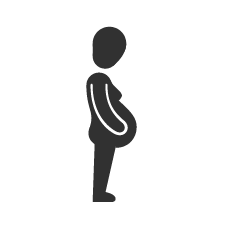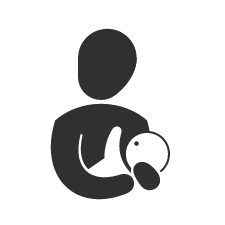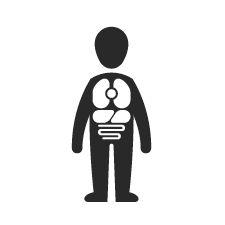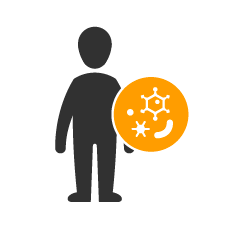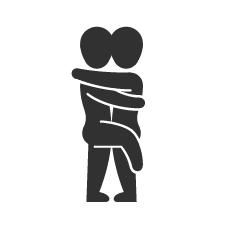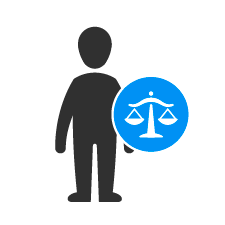Life changes
Being a parent changes your life a lot.
You may:
- feel a great responsibility for the baby, who is dependent on you for food, care and love;
- feel insecure and scared about the baby’s emotions and needs. You only get to know these little by little;
- become short of sleep because you have to get up at night;
- have difficulties breast-feeding (women);
- worry about the future;
- have to give up previous habits and hobbies;
- have to plan your activities carefully.
Social life
Your social contacts may change. For example, you may:
- want to spend a lot of the time with your baby;
- get to know new people who also have children;
- move and get new neighbours;
- have to plan more in advance: some contacts may become less intense.
Both the mother and father of the baby experience changes.
Changes are normal. It takes some time to get used to the new situation.
Difficult emotions when having a baby
You will face challenging situations after having a baby. You can get help to deal with these situations at the public health centre and from your family doctor. Good preparation can make it easier to cope with these situations.
Life with a baby can be difficult. You may become:
- Tired
- Worn out
- Frustrated
- Stressed
- Angry
It is normal to experience this with a new baby. At the same time, you must ensure that these difficult emotions don’t affect the child. Sometimes, you can become so frustrated that you handle your baby unsafely. Any rough handling can cause serious physical and psychological harm to your child.
Shaking a baby can cause serious permanent injury or death. Babies are born with heavy heads and very weak neck muscles. This is why a baby is very vulnerable to being shaken and other violent handling.
Every year, babies die from being shaken or physically abused.
If you feel that you can't control the difficult emotions, there are some things you can do:
- You can lie your baby down on a safe surface while you take a short break.
- You can ask your partner, a family member, or a friend to look after baby for a while, so that you can get some rest.
- You can talk to someone you trust about the difficult emotions.
You can also talk to a health professional. Talk to your doctor, a public health nurse or a midwife.

